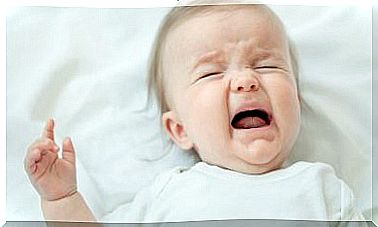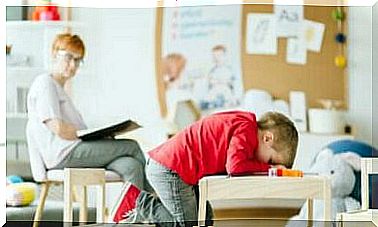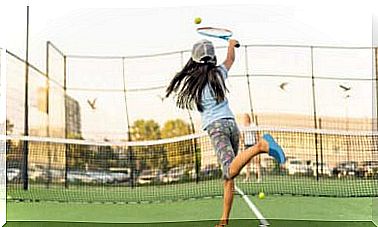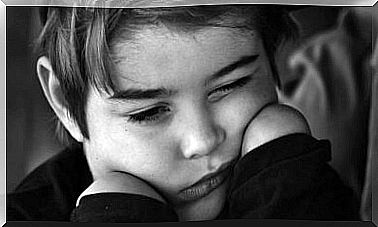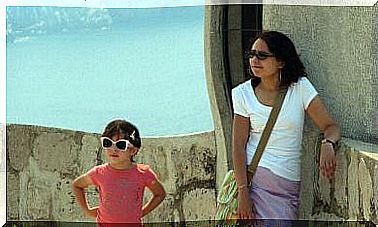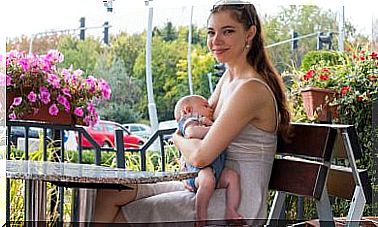Repeat Of Year: An Effective Measure?
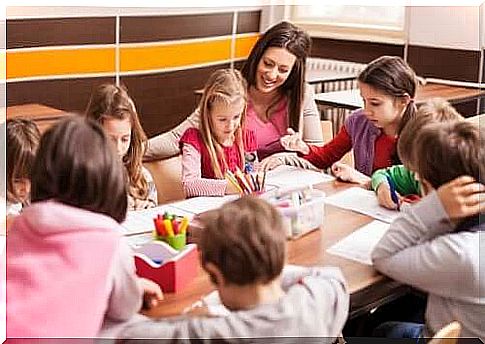
Repeating a year in our country is common and there are many theories about it. The results of the study “To repeat or not to repeat?” By Dr Helen McGrath – Deakin University (Melbourne, Australia) are very enlightening.
This study was published in the journal WAPPA (Western Primary Principals’ Association) and includes results from several previous investigations carried out by other professionals.
Therefore, based on this study, we will have clear conclusions about whether repeating a year or not is useful for students. We will also take into account the data from the PISA educational report ( Program for International Student Assessment
) of recent years.
Current situation at the time of repeating a year
In recent decades, research on the effects of one-year failure has accumulated. Most of these investigations clearly indicate that there are no academic or social advantages for the majority of students who repeat.
There is probably no other educational issue on which the research evidence is so unambiguous. But, on the other hand, it is one of the educational topics where there is more discrepancy between what studies say and what is practiced in educational centers.
This discrepancy between evidence of reality and practice is clear. The practice of failing the school year is widely accepted in many educational centers around the world. There are several responsible for the PISA educational report who stated the following:
There have been recommendations for years to increase individualized classroom teaching. This would prevent, for example, students from leaving the system because they feel they are not meeting expectations.
Concrete data on the consequences of repeating a year
Repeating a year does not improve academic results
Most of the time, students who repeat a year never manage to reach the proposed academic level. The academic achievements of students who fail any level of education are minimal and short-lived.
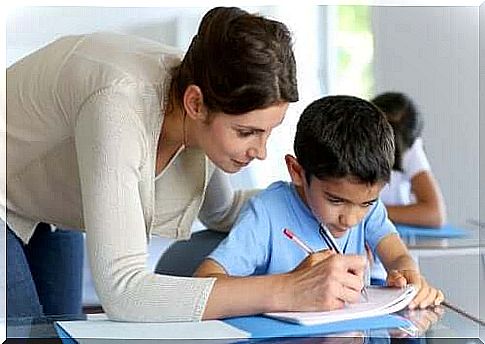
Furthermore, failure is often seen as a demonstration of failure. This can negatively influence teachers’ perceptions and expectations of the student.
Repetition negatively contributes to mental stability
Repeating a year, even when it is handled with sensitivity and confidentiality, makes students think they “failed”. As a result, they are separated from their age-matched peers.
Studies at Cambridge University in England conclude that for most students this creates a sense of shame, stigma and loss of self-esteem.
Repeating a year is a major source of stress for most students. In a study at the University of California, USA, conducted by Professors R. Jimerson Shane, Gabrielle E. Anderson and Angela D. Whipple, enlightening conclusions were reached:
The fact that you may be older and therefore taller and physically more mature than your classmates also causes stress for many repeaters. In many cases this affects their social behavior. Repeaters, moreover, need to develop new social relationships almost as if they had changed schools.
Failure creates a negative attitude towards school and learning
Repeat students are 20% to 50% more likely to drop out of high school. This is true when compared to students with similar levels of performance or behavior that they did not repeat. Several studies support this assertion, including one carried out by the University of Minnesota, USA, (Temple and Reynolds).
behavior problems
The experience of repeating a year can increase aggression and bad behavior. In students who have already shown early signs of antisocial behavior this is more pronounced. The frustration, disappointment, and anger generated by this visible school failure contribute to students becoming antisocial.
Alternatives to repeating a year
Repeating a grade is a strategy that does not meet the needs of most students who are achieving poor results. The same goes for those who have social or behavioral difficulties. However, making the student pass the year with peers of his/her age, without a structured plan, is not the answer.
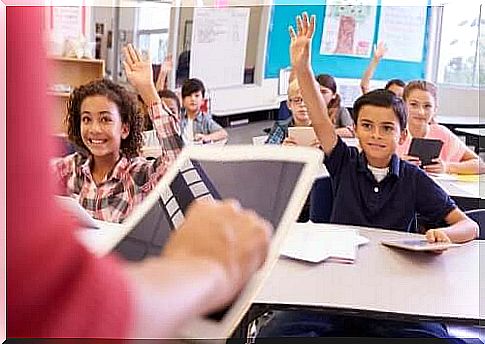
The ideal would be to use intervention strategies and approaches in educational centers. Above all, it is important to pay attention to the intervention supported by meeting the specific needs of each student.
- Use cooperative learning strategies.
- Teach students to develop and use mnemonic strategies to help them retrieve key concepts and information.
- Use categories for self-assessment.
- Relate classroom activities and curriculum to students’ backgrounds, lives, and current knowledge.
In conclusion: the research results of the last decades do not support that the repetition of a school year is an adequate intervention. There may be an occasional student that repeating grades works for, but providing more of what didn’t work the first time for a student is often a useless exercise.
